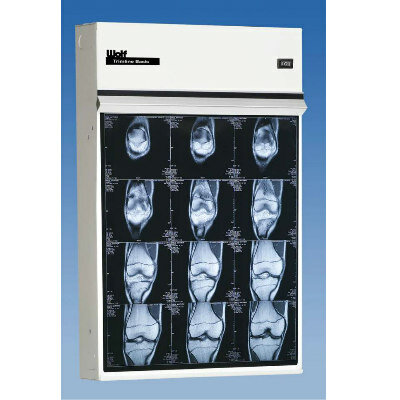Testosterone Therapy Linked to Increased Risk of Heart Attack
By HospiMedica International staff writers
Posted on 08 Apr 2014
A new study reveals that in men with preexisting diagnosed heart disease, the risk of myocardial infarction (MI) following testosterone therapy (TT) is substantially increased.Posted on 08 Apr 2014
Researchers at the US National Cancer Institute (NCI; Bethesda, MD, USA) and the University of California, Los Angeles (UCLA, USA) conducted a cohort study of the risk of acute nonfatal MI following an initial TT prescription in 55,593 patients. They compared the incidence rate of MI in the 90 days following the initial prescription with the rate in the one year prior to the initial prescription (post/pre), and also compared the results with post/pre rates in 167,279 men prescribed phosphodiesterase type 5 inhibitors (PDE5I).
The results showed that the risk of nonfatal MI was higher by 36% in the postprescription period, and that the risk tended to increase with age. For men 65 and older, the risk after a TT prescription was filled was more than doubled, compared with that in the year before the prescription. The increased risk was no longer apparent following a 90 day period without a refill. In men under age 65 years, excess risk was confined to those with a prior history of heart disease. Similar trends were not seen for those patients treated with PDE5I. The study was published on January 29, 2014, in PLoS One.
“Exogenous testosterone is associated with physiologic changes that predispose to clotting and thrombotic disorders, including increased blood pressure, polycythemia, reductions in HDL cholesterol, and hyperviscosity of the blood and platelet aggregation,” concluded lead author Robert Hoover, MD, ScD, of the NCI, and colleagues. “Testosterone therapy also increases circulating estrogens, which may play a role in the observed excess of adverse cardiovascular-related events, given that estrogen therapy has been associated with this excess in both men and women.”
TT has been used to treat diminished extremity strength and physical function associated with an age-related decline in serum testosterone. Recently, however, TT has been increasing extraordinarily rapidly, including among younger men and among those without hormone measurement, suggesting that the indications for prescription have likely markedly expanded. One of the results of the study and similar ones is that the US Food and Drug Administration (FDA) will investigate the risk of cardiovascular disease and death associated with TT.
Related Links:
US National Cancer Institute
University of California, Los Angeles














